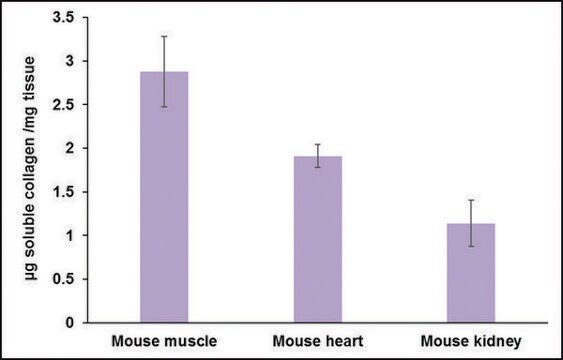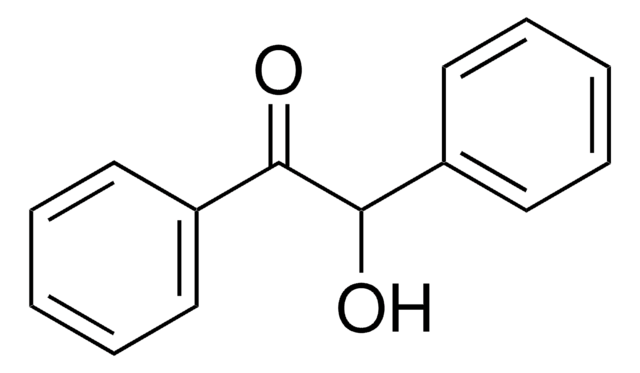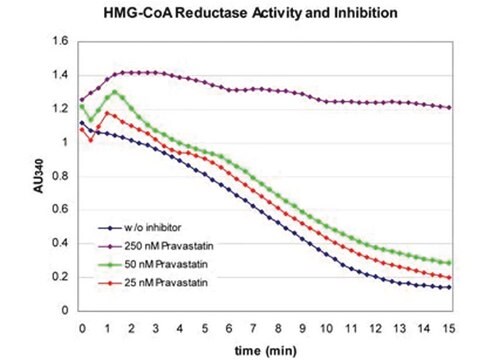MAK322
Collagen Assay Kit
sufficient for 100 fluorometric tests
Synonym(s):
Collagen Quantification Kit
About This Item
Recommended Products
usage
sufficient for 100 fluorometric tests
input
cell
serum
plasma
solution(s) (collagen)
application(s)
cosmetics
food and beverages
detection method
fluorometric
relevant disease(s)
rheumatological diseases; dermatological diseases; gastrointestinal diseases; pulmonary disorders; cancer
storage temp.
−20°C
General description
Application
- Bone Disorder Research
- Dermatological Research
- Wound Healing and Tissue Repair Research
Features and Benefits
Compatibility with High-Throughput Systems: Easily incorporate our kit into high-throughput handling systems, ensuring smooth and accurate processing, enhancing efficiency in your laboratory workflow.
Suitability
Principle
Other Notes
Signal Word
Danger
Hazard Statements
Precautionary Statements
Hazard Classifications
Repr. 1B - Resp. Sens. 1
Storage Class Code
6.1D - Non-combustible acute toxic Cat.3 / toxic hazardous materials or hazardous materials causing chronic effects
Certificates of Analysis (COA)
Search for Certificates of Analysis (COA) by entering the products Lot/Batch Number. Lot and Batch Numbers can be found on a product’s label following the words ‘Lot’ or ‘Batch’.
Already Own This Product?
Find documentation for the products that you have recently purchased in the Document Library.
Our team of scientists has experience in all areas of research including Life Science, Material Science, Chemical Synthesis, Chromatography, Analytical and many others.
Contact Technical Service






